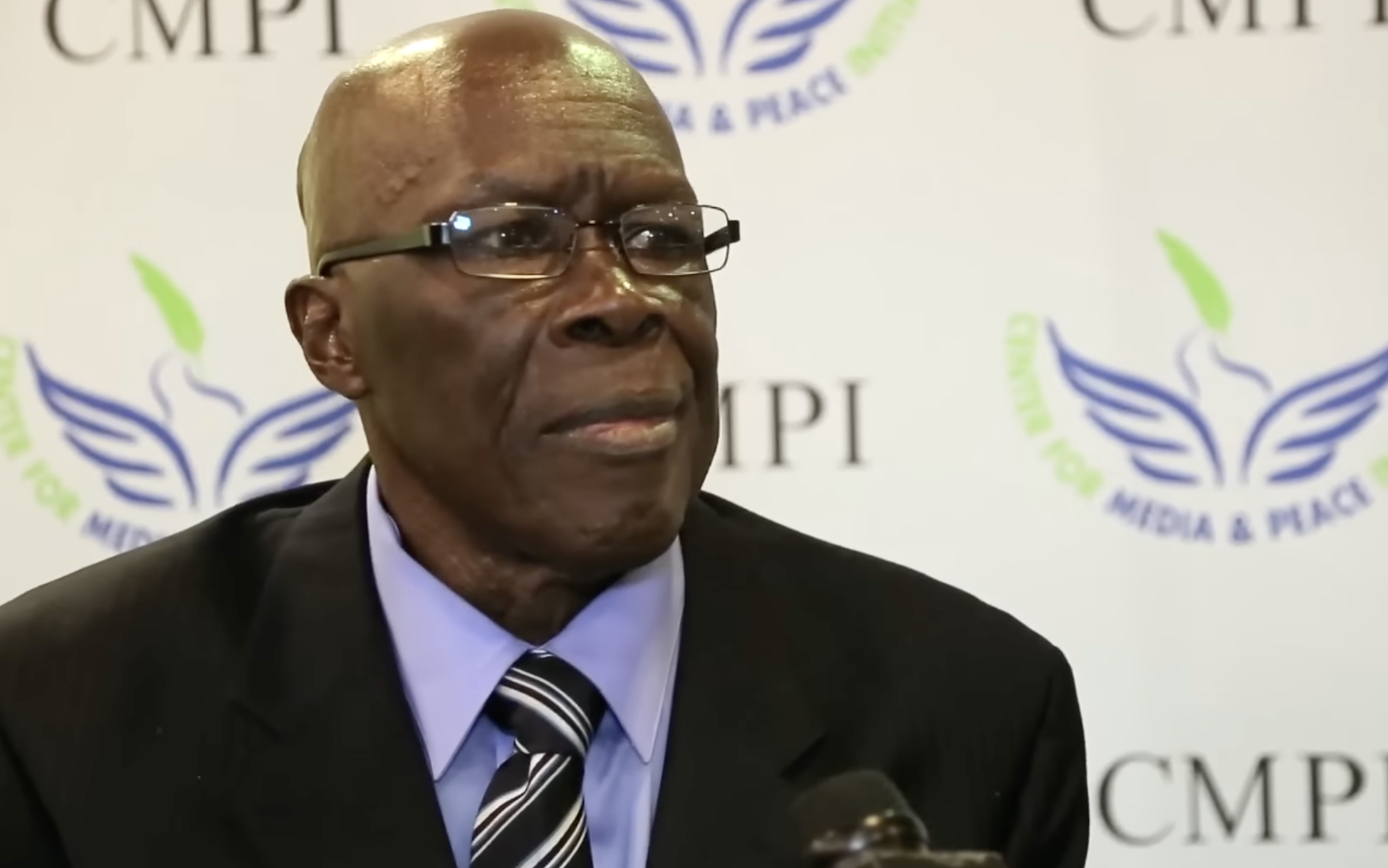Green hydrogen can 'reposition' Africa within global value chains | SAnews
The burgeoning green hydrogen industry presents an opportunity for Africa to enable structural change and reposition the continent.
This is according to the Minister of Electricity and Energy, Dr Kgosientsho Ramokgopa.
The Minister delivered remarks at the African Green Hydrogen Summit, which is underway in Cape Town.
WATCH |
“[Green] hydrogen must be understood not merely as a clean fuel, but as a strategic enabler of Africa’s structural transformation. It holds the potential to reposition the continent within global value chains, not as an exporter of raw materials but as a competitive industrial actor. Harnessed strategically, it can anchor new industrial ecosystems, from green steel and fertilisers to sustainable mobility and synthetic fuels.
“These are not abstract possibilities -- they are within reach, provided we design policy frameworks that localise value, deepen intra-African trade, and direct investment flows towards infrastructure, skills, and technology transfer that serve the interests of the continent,” Ramokgopa said on Thursday.
The industry presents a lucrative opportunity for the continent and boasts a global potential of at least $300 billion in global exports over the next three decades.
Africa holds minerals and metals that are critical for the industry – placing the continent at the heart of this new frontier.
“More fundamentally, green hydrogen offers an opportunity to reverse the logic of dependency that has historically defined Africa’s insertion into the global economy. Instead of reinforcing extractive patterns, Africa can lead with an agenda of beneficiation, regional integration, and sovereign industrial development.
“This will require that we reject siloed national approaches in favour of coordinated regional frameworks, leveraging platforms like the African Continental Free Trade Area (AfCFTA), the Programme for Infrastructure Development in Africa (PIDA), and most crucially, Agenda 2063.
“These frameworks offer the institutional scaffolding for a common energy market and harmonised regulatory regimes that can attract patient, long-term capital,” Ramokgopa said.
The Minister implored African leaders at the summit to be “unapologetic” in taking their place at the forefront of the Green Hydrogen global industry.
“We must also be unapologetic in demanding a fair place at the green negotiating table. Africa’s role in the global energy transition cannot be one of accommodation. It must be one of agency. Our narrative must be led by African voices, grounded in African realities, and committed to African futures.
“As the world seeks new energy alliances and supply chains, Africa must shape its energy destiny through solidarity, strategy and statecraft, turning the promise of green hydrogen into a pillar of continental prosperity,” he insisted.
The summit also launched the Africa Green Hydrogen Report – a document thrashing out the continent’s green hydrogen potential, which brings together the full breadth of the continent’s technical readiness.
“This is not just a theoretical compilation; it is a technical blueprint for scaled project execution. Its message is unequivocal: Africa is not short of knowledge. Africa is ready to move from pilot to pipeline, from strategy to scale.
“But let us be clear. The window for Africa to shape the rules of this emerging market is narrowing. Other regions are moving fast, with public subsidies, regulatory incentives, and long-term offtake strategies. If we delay, we risk importing technologies, importing skills, and once again exporting unprocessed potential.
“So, the real work of this summit is to forge clarity on the scale of our ambition, the credibility of our plans, and the coordination of our actions. Let us begin that work today, with urgency, with unity, and with a shared conviction that Africa’s future is not on the periphery of the global green economy, but firmly at its centre,” he said.
| Green Hydrogen Summit
According to the African Green Hydrogen Alliance (AGHA) – which is made up of 10 African states, including South Africa – the industry has the potential to add between $66 billion and $126 billion to the Gross Domestic Product of the member countries over the next 25 years.
Furthermore, some two to four million jobs could also be added during that time.
“Africa’s choice is whether to be a passive site of resource extraction or a proactive architect of the green energy economy. With the right policy frameworks, investment enablers, and regional coordination, green hydrogen can and must be the backbone of a new African industrial era,” Ramokgopa said. –









